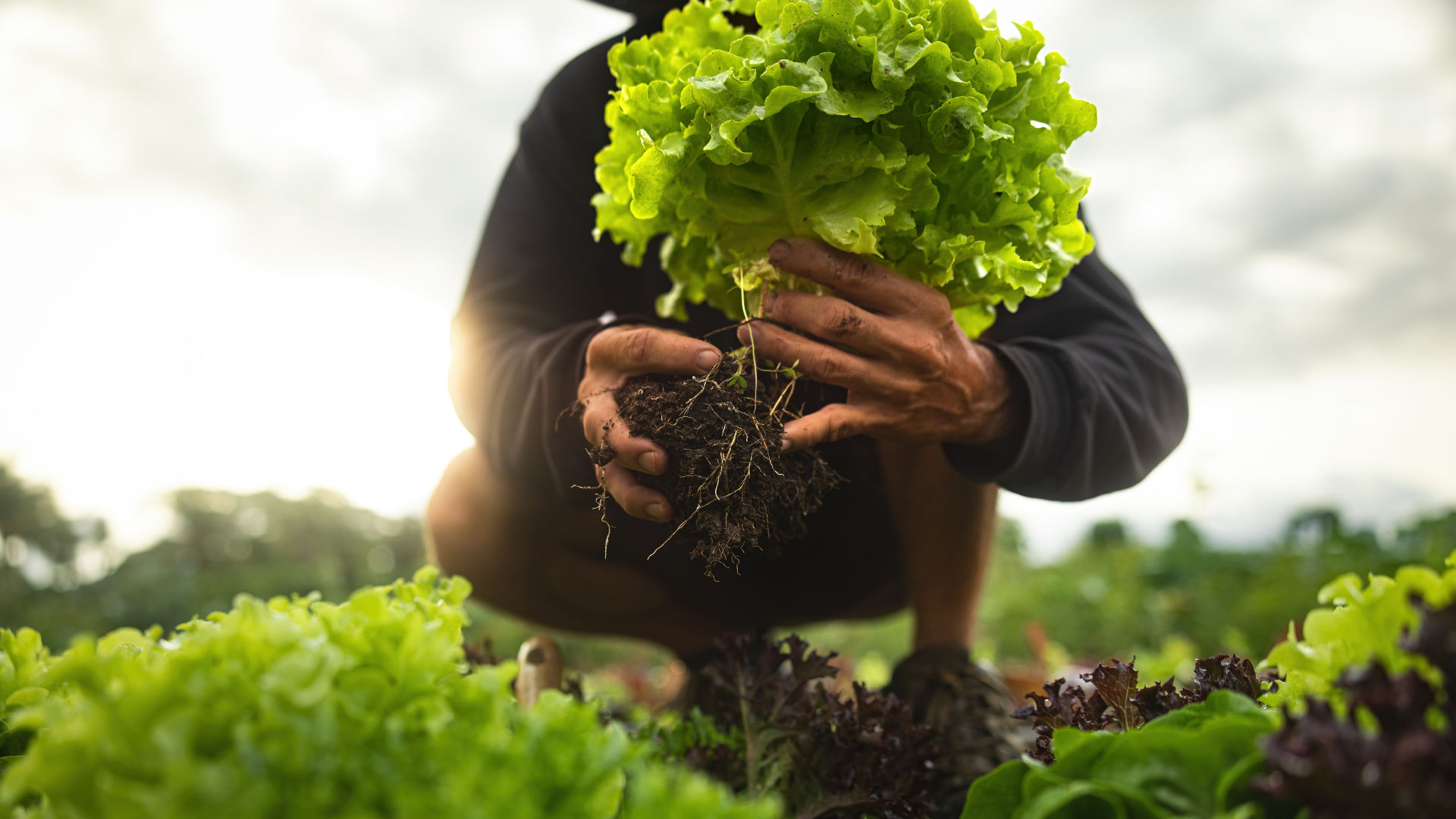
Betting the farm: Private equity buyouts in US agriculture
March 27, 2025
To download a PDF version of this report, click here.
Key Takeaways
- Agriculture plays an important role in the US economy as both an employer, economic generator, and key part of the country’s national security.
- Private equity firms have acquired significant farm operations in the US, including significant percentages of key crop markets and appear poised to buy more.
- In addition to traditional risks of extractive private equity investment strategies, agriculture brings additional risks to investors, consumers, and workers due to the industry’s well documented labor rights violations.
- The often hidden workforce is made up of largely foreign migrant workers more susceptible to abuse due to exemptions to many labor laws and lax enforcement with roots in Jim Crow era legislation.
- Given the Trump administration’s focus on villainizing immigrants and carrying out mass deportations, the industry faces a risk of severe labor shortages.
- Private equity-owned farms have recently been involved in serious labor disputes, bankruptcies, and scandals that can harm workers, investors, and consumers.
- Private equity-owned Windmill Farms and Grimmway Farms have faced labor abuse allegations, while private equity-owned Prima Wawona and Trinitas Farming faced recent bankruptcies.
- Traditional private equity strategies that rely on high levels of debt and quickly increasing profitability are ill-suited for an industry that already relies on debt and fluctuating inputs and profit margins.
- Continued consolidation of the US agricultural industry through private equity ownership poses a risk to consumers and the ability of the country to build a secure domestic supply chain.
- The growth in private equity investment into such a crucial sector in the US should cause alarm for consumers, workers, and investors alike.
The agricultural industry in the US plays an important role in the country’s national security and economic well being, but is also notorious for its lax labor protections, a uniquely vulnerable migrant workforce, and profit margins that vary widely from year to year. It is therefore concerning that the private equity industry, which has its own track record of labor rights violations tied to extractive financial strategies, has set its sights on US agriculture.
Experts report a positive view on the future of private investments in agriculture, as “The world’s population continues to expand, but the proportion of arable land needed to supply food remains basically flat, driving wagers on new farming technologies and methods that can boost food production.”
Agricultural investments generally describe a broad sector, including not just traditional growing and harvesting of crops, but developing and selling seeds, fertilizers, technology, soil testing services, and other types of businesses. A smaller subset of these deals however, does involve acquisition of farms cultivating and harvesting crops in the United States. According to a PESP analysis of Pitchbook data, 129 private equity deals occurred in the five year period between January 2018 and December 2023 in the agricultural space dedicated specifically to horticulture and cultivation.
The more than 2.6 million on-farm workers in the US and the firms that employ them provide food security to the country and exports around the world, leading the federal government to label the domestic agricultural industry “critical infrastructure” and its workforce “essential.”
Recent headlines about high-profile bankruptcies, labor abuses, and legal violations in agriculture have highlighted the risks to workers, investors, and consumers presented by traditional private equity tactics of high-debt deals that seek to quickly increase profits and cut costs, as applied to the agricultural sector.
Read the full report here >

